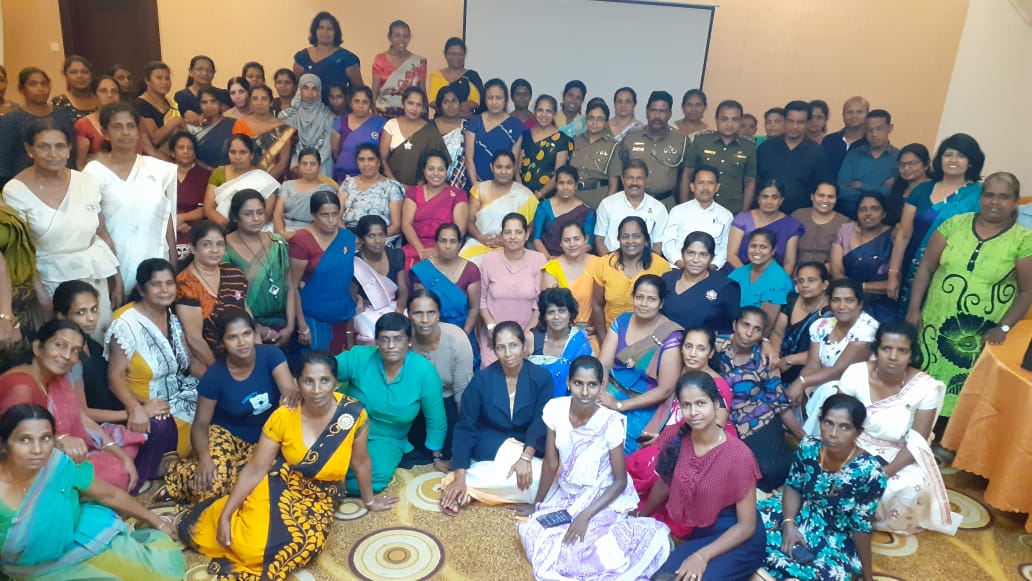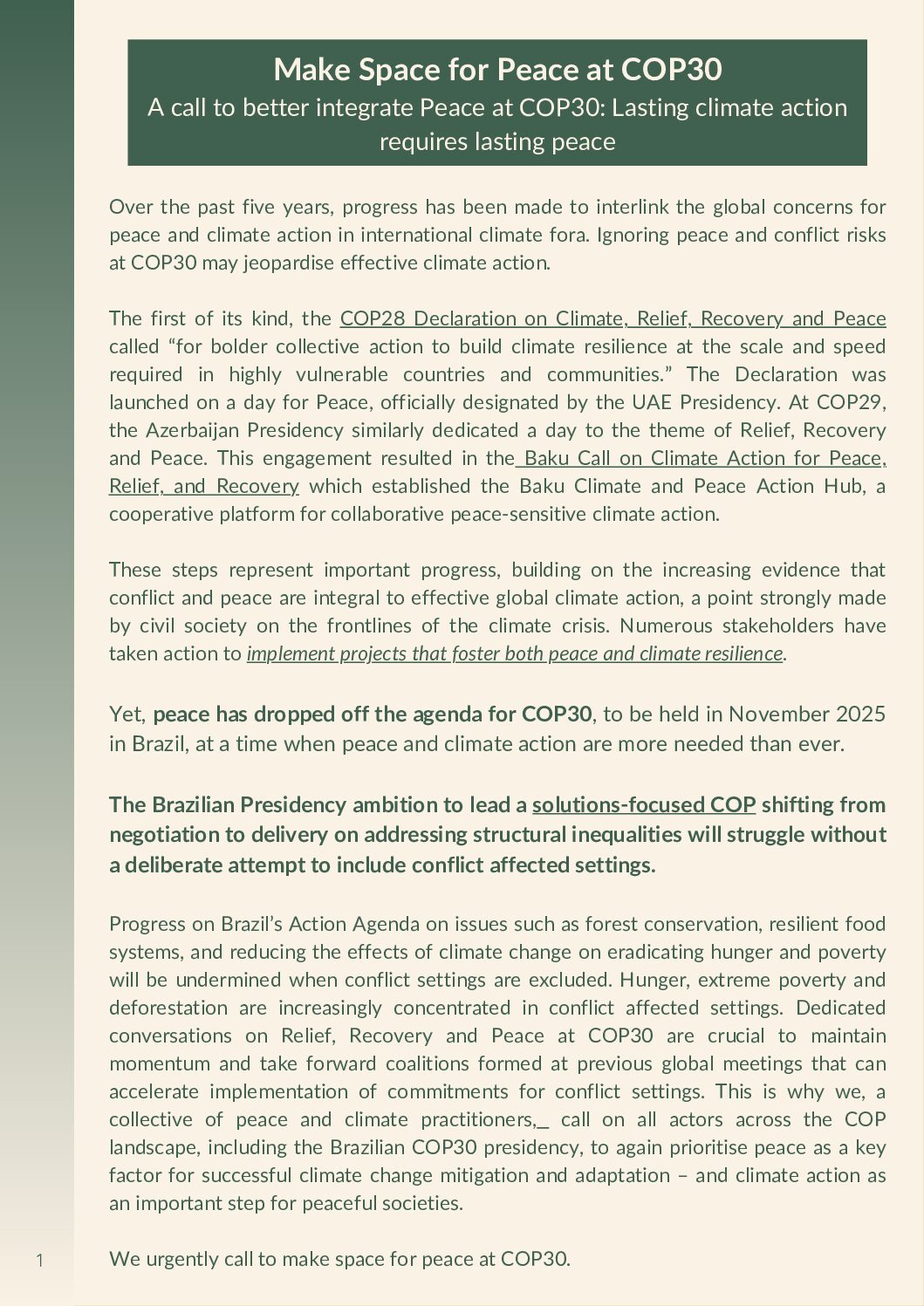
Context and Background:
Female politicians face structural barriers that limit their ability to meaningfully contribute to local and national politics in Sri Lanka. They face overwhelming resistance from male candidates within and outside of their political parties, as well as from men in their communities and families. For example, many elected female political leaders struggle to have their proposals approved in council meetings, have limited time to speak, and are treated differently than their male counterparts. Women candidates also report physical violence, abuse, and harassment, including destruction of their personal property. This context indicates that changing the legislation is not sufficient to overcome the barriers to women’s participation, rather that transforming mass attitudes and behaviors, thus creating a conducive, supportive environment to their meaningful participation is paramount.
Search implemented the Women in Learning and Leadership (WILL) Program in 2018 with these observations in mind. The first WILL program trained 2,000 female representatives and supported the Parliamentary Women’s Caucus (PWC) in the creation of media campaigns, highlighting the achievements of female politicians. Search is currently expanding on this work with the support of the Norwegian Ministry of Foreign Affairs. This initiative focuses on scaling- up WILL clubs in Jaffna, Ampara, and Badulla. Acting on direct requests from the two districts, within this 18-month initiative Search introduced the WILL club concept in Gampaha.
Approach:
Through “WILL Clubs”, or cross-party, cross-council, women-only safe spaces, elected women have a forum to discuss issues that are of importance to them as well as a space through which they can collaboratively advocate for policy changes and minimize the barriers from councils and community. The WILL project aimed to enhance the capacity of local women’s organizations and locally elected women leaders as active, respected, and accountable actors in political decision-making processes through capacity building, networking, community dialogue, and positive media with the ultimate goal of improving community-oriented government services in Sri Lanka. Recognizing the need to involve the whole political system in these efforts, we have also worked with male leaders to ensure that they positively influence the debate on women’s empowerment and fair political representation in Sri Lanka.
Goals and outcome:
The overall objective to strengthen Sri Lankan women’s voices and participation to positively influence political decision-making processes- the two objectives of the project are:
SO1: Consolidate and scale up WILL Clubs to advance elected women leaders potential to engage in local governance processes; and
SO2: Support elected women leaders in championing advocacy interventions that meet their constituents’ needs while increasing the visibility of their achievements.

